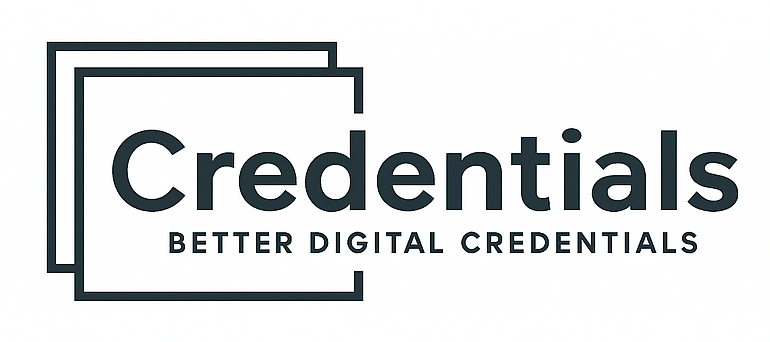Introduction: employability in the age of disruption
Global employability is being redefined. Automation, artificial intelligence, and digital transformation are reshaping industries faster than ever. According to the World Economic Forum, 70% of jobs will undergo major transformation in the next decade. The OECD reports that 1.1 billion workers worldwide will need reskilling by 2030.
In this context, traditional diplomas are no longer sufficient. Professionals must demonstrate adaptability, continuous learning, and verified skills. Microcredentials have emerged as the most effective tool to address these challenges.
Platforms like Credly and Accredible play an important role in this ecosystem. However, both are based on paid, centralized models. POK (Proof of Knowledge), by contrast, is pioneering a disruptive approach: free NFT-based credentials on blockchain, aligned with open standards and accessible to any institution.
What are microcredentials?
Microcredentials are short, targeted, and verifiable certifications that recognize specific skills or competencies. Unlike traditional degrees, they:
- Focus on immediate, job-relevant skills.
- Are issued digitally with structured metadata (issuer, evidence, date).
- Are portable across platforms and shareable on LinkedIn or digital wallets.
Examples include a credential in data analysis with Python, project management basics, or critical thinking and problem solving.
Employability and the global skills gap
The global economy faces a widening skills gap. Employers struggle to find talent with the right competencies, while millions of workers risk obsolescence.
Microcredentials provide a bridge between education and employment by:
- Upskilling: improving skills for current roles.
- Reskilling: training for entirely new career paths.
- Talent mobility: enabling global recognition of skills.
Benefits for employability
- Rapid skill acquisition: weeks or months instead of years.
- Digital verification: credentials are tamper-proof and trustworthy.
- Cross-industry portability: recognized by employers in different sectors.
- Employer alignment: often co-designed with industry.
- Scalability: millions of credentials can be issued without cost (in the case of POK).
Global adoption examples
- United States: Credly has partnered with major universities and corporations to issue digital badges.
- Europe: The European Commission is building a standardized framework for microcredentials.
- Asia: Governments like Singapore and India are experimenting with national credentialing platforms.
- Latin America: Universities in Mexico, Chile and Brazil are piloting microcredential programs.
- POK: Unlike competitors, POK enables free, unlimited NFT credential issuance, ensuring permanence and blockchain verification.
Digital credential platforms
- Credly: strong presence, especially in the U.S., but requires paid subscriptions.
- Accredible: solid LMS integrations, but charges per credential issued.
- Coursera / edX: popular for online learning, but credentials come at a high cost.
- POK: unique in offering blockchain-based, NFT credentials for free, aligned with global standards such as Open Badges 3.0, 1EdTech, and ELM.
Challenges
- Quality assurance and avoiding credential inflation.
- Ensuring global recognition by governments and employers.
- Reducing fragmentation across platforms.
Future outlook
The future of employability is modular, verifiable, and digital. Microcredentials are becoming the currency of skills in a globalized labor market.
By combining blockchain technology, NFT permanence, and free issuance, POK is positioned as the most inclusive and scalable platform, democratizing access to employability tools worldwide.
Conclusion
Microcredentials are not just a trend: they are a response to the urgent need for adaptability and verified skills. While Credly, Accredible, and Coursera play significant roles, POK stands out as the only platform enabling free, NFT-based credentials at global scale.
In a future where employability depends on continuous learning and digital identity, POK is leading the way toward an open, verifiable, and accessible credentialing ecosystem.

.png)